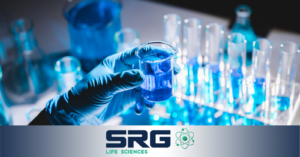
Exploring Osmotic Controlled Release Oral Drug Delivery
The pharmaceutical industry continuously innovates to enhance the efficacy and patient compliance of drug therapies. One such advancement is the osmotic controlled release oral drug delivery system (OROS), which represents a significant leap forward in medication administration. Here’s a look at the intricacies of OROS, including its mechanism, components, benefits,










